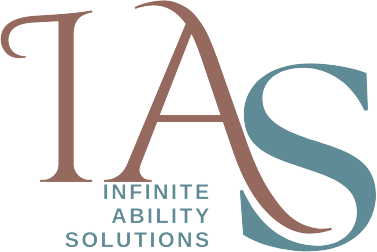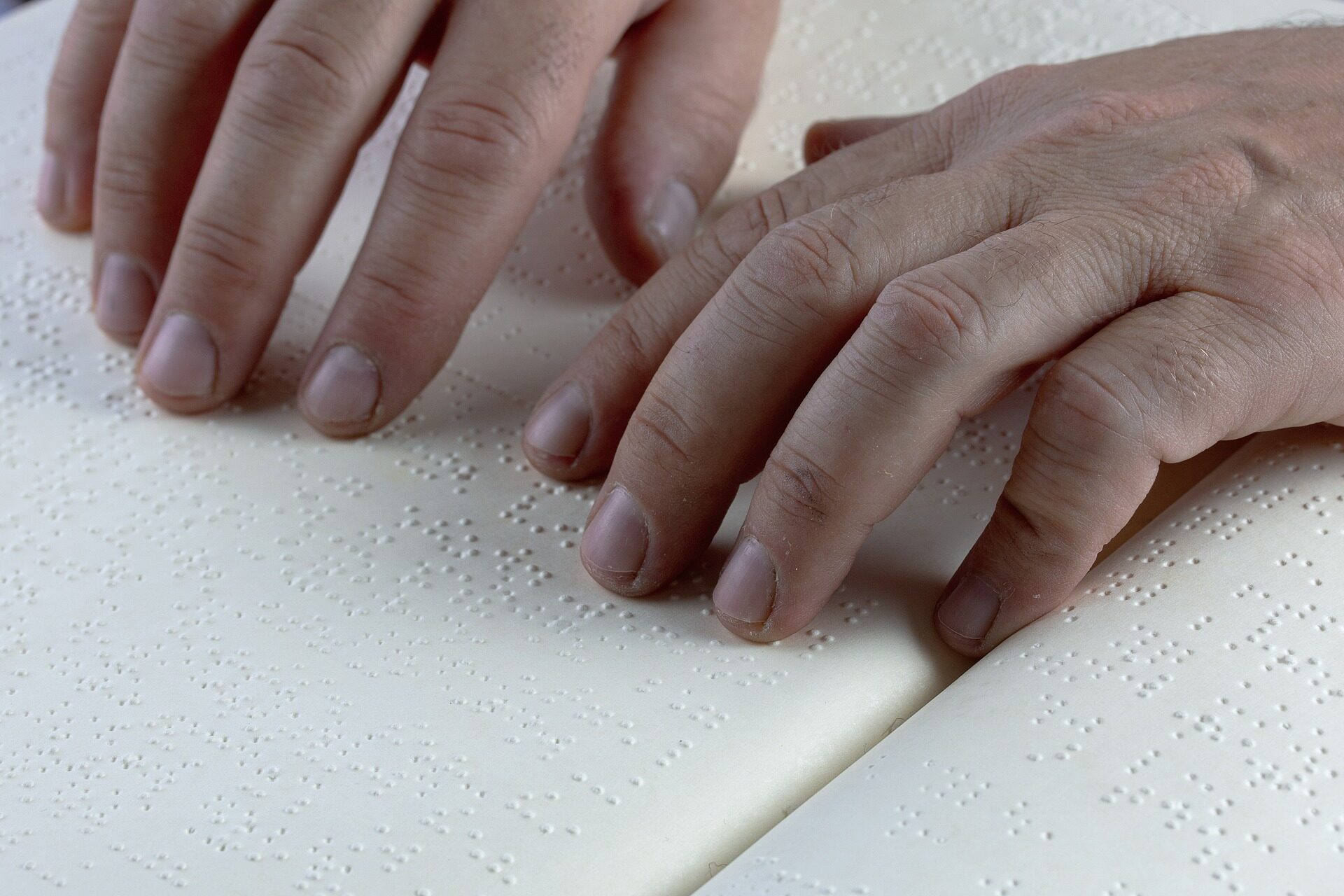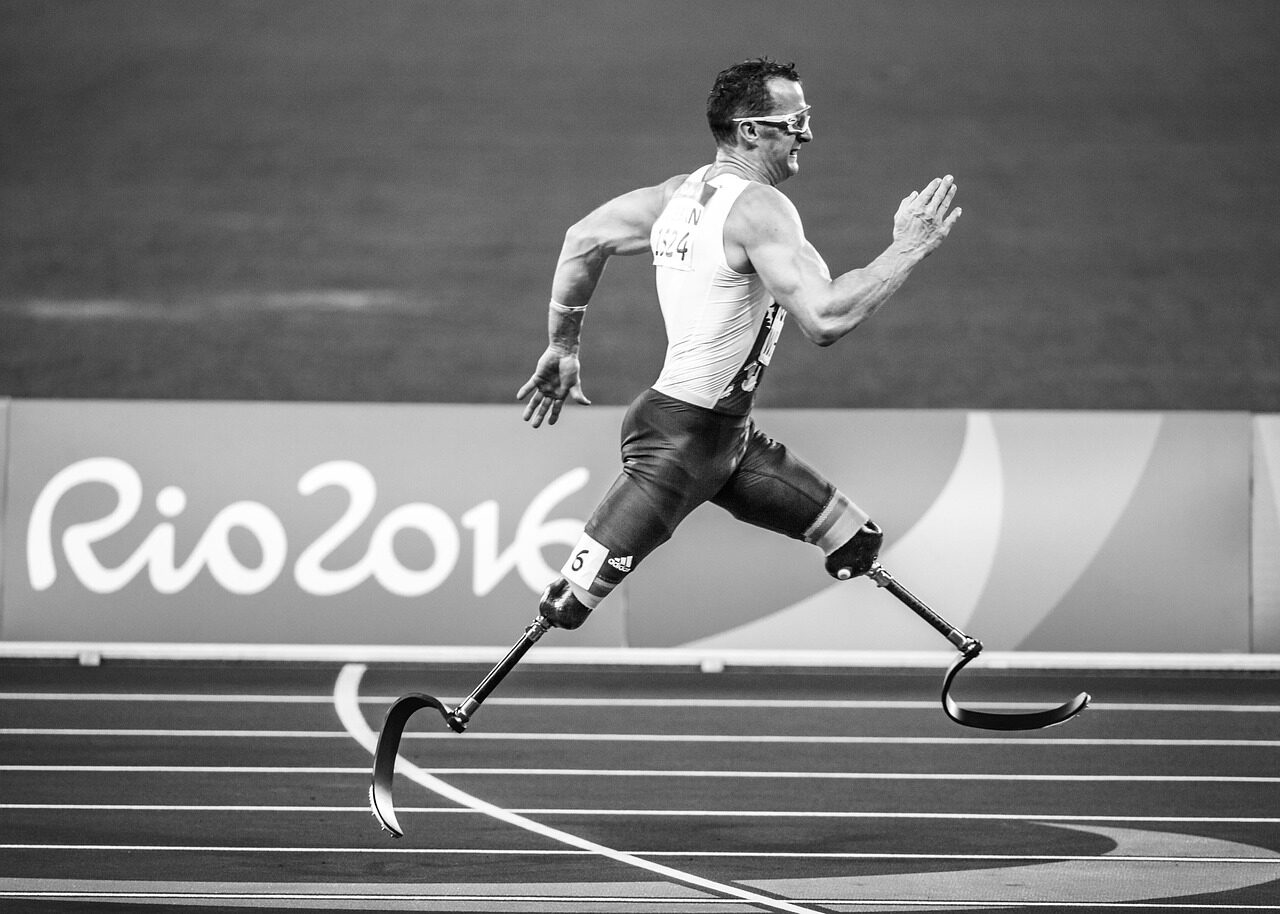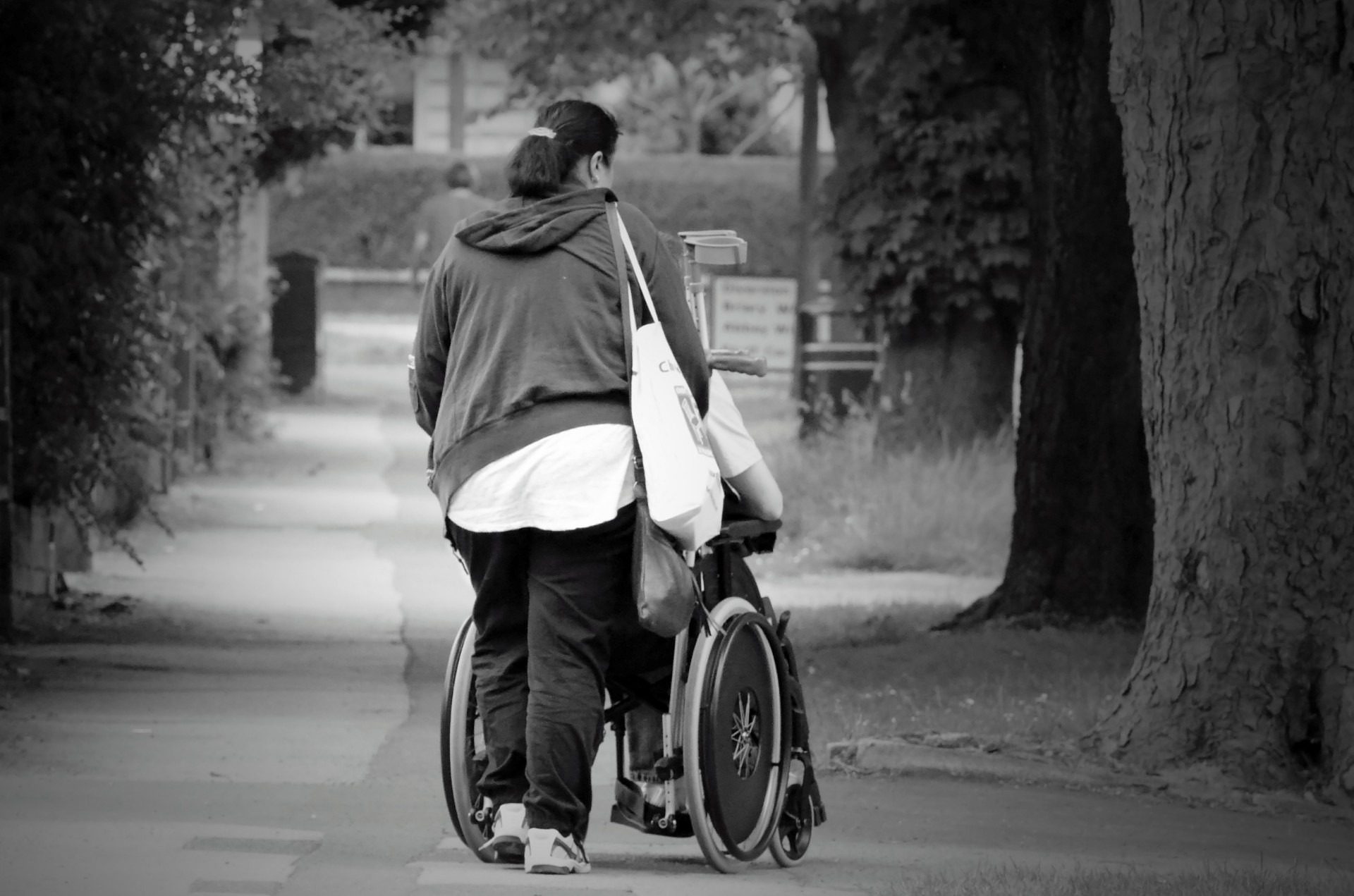8 Ways to Support a Loved One with a Disability
Supporting a loved one with a disability can be a rewarding and transformative journey, not just for them but for you as well. Whether it’s a family member, friend, or colleague, understanding their needs and providing thoughtful support can make a world of difference. As small and medium enterprises (SMEs), we have a unique opportunity to foster inclusive environments that benefit everyone. Let’s explore eight ways we can be there for our loved ones with disabilities and create a supportive community at home and in the workplace.
—
1. Educate Yourself About Disabilities
One of the best ways to support someone with a disability is to educate yourself. When my cousin was diagnosed with cerebral palsy, I realized how little I knew about the condition. I started by reading books and joining online forums where I could learn from others’ experiences. There are countless resources out there, from books to websites, offering valuable insights. Encourage your team to engage in continuous learning as well. Hosting workshops or training programs can help everyone understand different disabilities better, fostering a more inclusive work environment.
2. Foster Open Communication
Open and honest communication is key. When my friend Sarah, who has hearing impairment, started working at our company, I made it a point to ask her how she preferred to communicate. Sometimes, simply asking “How can I best support you?” can open up important dialogues. At work, encourage an environment where employees feel comfortable sharing their needs and concerns. This creates a supportive culture and helps avoid misunderstandings.
3. Advocate for Accessibility
Accessibility is more than just ramps and elevators. It’s about making sure everyone can participate fully. After attending a conference on accessibility, I realized our office’s website wasn’t user-friendly for people with visual impairments. We worked with a developer to add screen reader compatibility and improve overall usability. As SMEs, we can lead by example, ensuring both physical and digital spaces are accessible to all. It shows that we value and respect everyone’s ability to contribute.
4. Provide Emotional Support
Emotional support is just as important as physical support. My sister, who has autism, often faces emotional challenges that many people don’t understand. Sometimes, just being there to listen without judgment can make a huge difference. Create a supportive network within your SME by encouraging peer support groups or mental health resources. Showing empathy and understanding can help your loved ones feel valued and supported.
5. Encourage Independence
Supporting independence is crucial. When my brother, who uses a wheelchair, expressed his desire to travel alone, it was a big step for him and us. We worked together to plan his trip, ensuring he had everything he needed for a safe and enjoyable journey. Encourage your loved one to pursue their interests and develop new skills. At work, provide opportunities for all employees to take on new challenges and responsibilities, fostering a sense of autonomy and confidence.
6. Utilize Assistive Technologies
Assistive technologies can be life-changing. My colleague James, who has dyslexia, found text-to-speech software incredibly helpful. It boosted his productivity and confidence at work. Explore and implement assistive technologies that can aid your loved ones in their daily activities. Whether it’s specialized software, adaptive equipment, or accessibility features on devices, these tools can significantly enhance their quality of life.
8. Promote Inclusive Activities
Inclusive activities can strengthen bonds and promote well-being. At our annual company picnic, we made sure all activities were accessible to everyone, including a wheelchair-friendly scavenger hunt. It was a hit! Encourage inclusive events both at home and in the workplace. Team-building activities, social gatherings, and even simple gestures like inclusive games or shared projects can help everyone feel included and valued.
8. Seek Professional Help When Needed
Knowing when to seek professional help is important. When my friend Alex, who has a mental health condition, needed more support than I could provide, we found a great therapist together. Encourage your loved one to seek professional services when needed, whether it’s therapy, counseling, or medical support. At work, SMEs can play a role by offering resources or benefits that include access to professional help, ensuring employees get the support they need.
—
Conclusion
Supporting a loved one with a disability involves patience, understanding, and a proactive approach. By educating ourselves, fostering open communication, advocating for accessibility, providing emotional support, encouraging independence, utilizing assistive technologies, promoting inclusive activities, and seeking professional help, we can make a significant impact. SMEs have a unique opportunity to set the standard for inclusivity and support, creating a better environment for everyone. Let’s embrace these practices and make a difference in the lives of our loved ones and colleagues.







